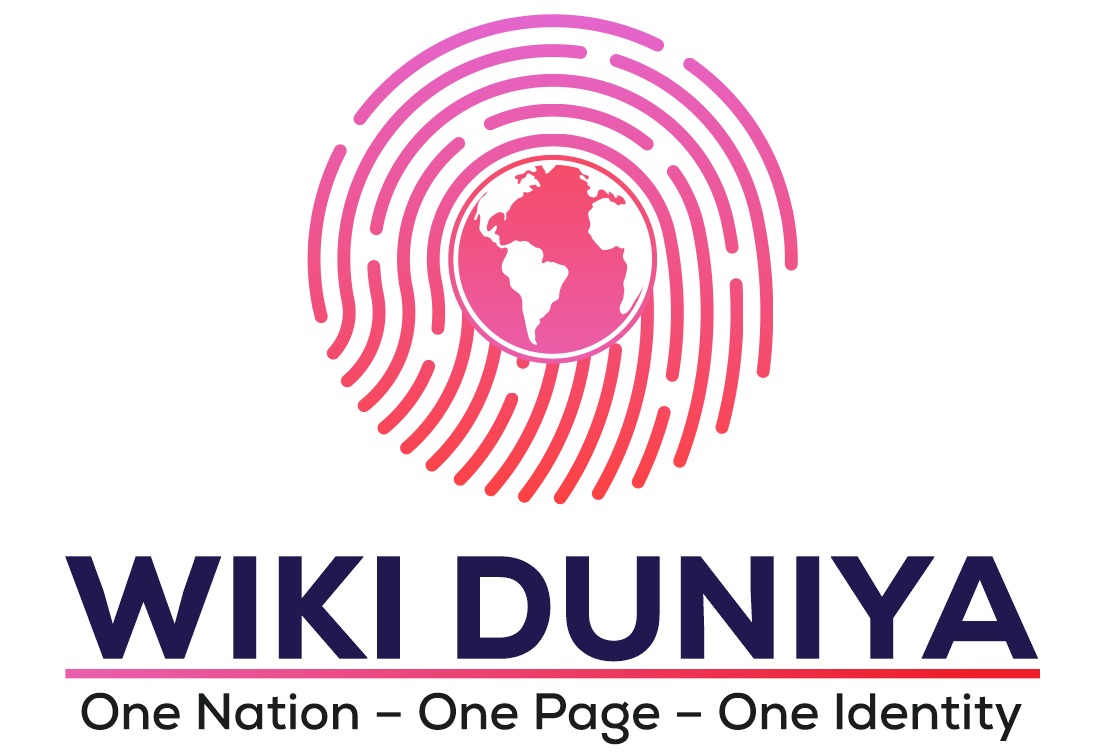
Why Facebook Pages Still Matter for Branding
Introduction
Why Facebook Pages Still Matter for Branding is a question many professionals and businesses ask in 2025. With so many new platforms emerging, some assume Facebook has lost its relevance. But for individuals, institutions, and small businesses in India, a well-managed Facebook Page can still be a powerful branding asset.
It provides a professional presence, helps build community, and allows direct interaction with audiences in a familiar and trusted space. The key lies in understanding how to use it strategically for visibility and credibility.
1. A Central Hub for Your Brand
A Facebook Page acts as a digital business card and mini-website combined. It allows you to showcase your profile, services, achievements, and contact details in one place.
Unlike a personal profile, a Page is public by default, which means potential clients, employers, or collaborators can view your work without needing to send a friend request. This open accessibility is one of the main reasons Pages remain relevant.
2. Reaching the Right Audience Through Targeted Features
Facebook still offers one of the most advanced targeting systems in digital marketing. Even without paid ads, organic reach through well-crafted posts, events, and group collaborations can help you connect with the right audience.
For example, an Indian academic can share research updates, webinars, and conference invites directly to relevant groups and followers who are genuinely interested.
3. Credibility Through Verification and Reviews
Having an official Facebook Page, especially one that is verified, boosts credibility. Pages also allow followers to leave public reviews and recommendations, which can influence how others perceive your brand.
Positive feedback from students, clients, or peers acts as social proof, helping you build trust without extra effort.
4. Regular Engagement Keeps You Relevant
A dormant Facebook Page can send the wrong message about your brand. Posting consistently — whether it’s project updates, industry insights, behind-the-scenes content, or short videos — keeps your audience engaged.
The platform’s algorithms reward active pages, making it easier for your posts to appear in followers’ feeds.
5. Integration with Other Platforms and Tools
Facebook Pages connect seamlessly with Instagram, WhatsApp, and even external websites. You can link your Page to your personal web profile, run cross-platform campaigns, and use tools like Messenger for direct queries.
This integration allows you to manage multiple communication channels from one place.
6. Showcasing Your Work and Achievements
From photo albums and live videos to pinned posts and featured stories, Facebook Pages offer multiple ways to present your achievements.
For a university professor, this could mean posting conference presentations, published papers, or student testimonials. For a small business owner, it could be product launches, customer feedback, or awards.
7. Community Building Through Groups and Events
A Facebook Page can be the starting point for creating or linking to groups where your audience can interact. Hosting Facebook Events for webinars, workshops, or product launches also makes it easier to attract participants without additional marketing tools.
These community features help keep your brand interactive rather than one-sided.
8. Analytics That Guide Strategy
Facebook Insights provide detailed data on audience demographics, engagement rates, and post performance.
This information can help you refine your branding strategy — for example, identifying the best time to post or the type of content your followers respond to most.
9. Cost-Effective Branding Tool
For individuals or small organisations in India, budget constraints often limit marketing efforts. Facebook Pages offer a free and professional way to showcase your brand, with optional paid promotions for extended reach. Even a modest ad spend can bring measurable results when targeted well.
10. Adapting to 2025 Trends
While Facebook’s younger audience has shifted toward newer platforms, the platform remains strong among professionals, educators, entrepreneurs, and older demographics. In India, where multi-generational online engagement is common, Facebook Pages still connect you with decision-makers, potential clients, and collaborators who may not be as active on emerging networks.
Conclusion
Facebook Pages are far from outdated. In 2025, they still serve as an accessible, credible, and versatile branding tool for professionals and organisations in India. By maintaining an active presence, sharing valuable content, and engaging with your audience, you can ensure your Page remains a central part of your personal or professional branding strategy. The key is to treat it as a living portfolio — regularly updated, well-organised, and aligned with your brand’s voice.




